On May 18, the Office of the People's Committee of Quang Binh province said that Mr. Tran Phong, Chairman of the People's Committee of this province, directed the Tax Department of Region XI to preside over and coordinate with departments, branches, and localities to clarify information that boarding meals for students must pay value added tax twice.
Mr. Tran Phong's point of view is to absolutely not allow the situation of paying taxes twice for a service to happen, and at the same time, he requires the above agencies to proactively guide schools in the area to properly implement tax regulations.
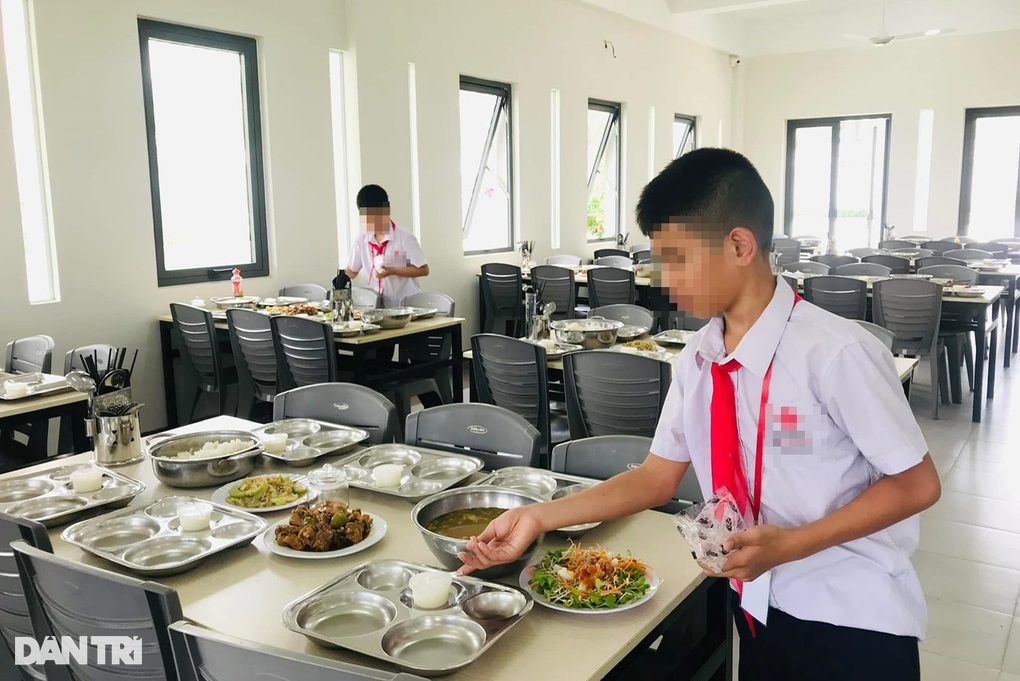
Meals for students at a school in Quang Binh (Photo: Tien Thanh).
As Dan Tri reported, recently, many kindergartens and primary schools in Quang Binh received documents from the tax department, requiring them to pay value-added tax for many activities in the 2024-2025 school year. These include taxes on boarding meals, hiring cooks, security guards, buying drinking water, test papers, etc.
Leaders of some schools believe that when organizing boarding meals, the purchase of raw materials and food must have an invoice, meaning that the supplier has paid value added tax, so imposing additional tax on each student's meal is inappropriate.
Regarding the above issue, Mr. Doan Vi Tuyen, Deputy Head of the Tax Department of Region XI, said that the current tax collection at public schools is not contrary to the resolution of the People's Council of Quang Binh province.
According to Mr. Tuyen, the current tax law has two methods of calculating value added tax: deduction and direct.
With the deduction method, the tax payer must record accounting books and invoices according to regulations. Then, the amount payable is the difference between output VAT and input VAT (must meet the deduction conditions).
If the unit cannot keep accounting books, invoices and vouchers, the law stipulates a fixed tax rate on total revenue from goods and services and the value added tax rate is calculated as a percentage, depending on the goods and services.
Explaining more clearly about calculating taxes for boarding school meals, Mr. Tuyen said that when schools can keep accounting records and have full invoices when purchasing ingredients, they will be able to deduct taxes.
In cases where schools cannot account for input invoices, they will not be able to deduct taxes paid when purchasing cooking ingredients. This leads to schools claiming that they have to pay value added tax twice.
Source: https://dantri.com.vn/giao-duc/chu-tich-tinh-yeu-cau-xac-minh-viec-bua-an-ban-tru-phai-dong-2-lan-thue-20250518115624323.htm





![[Photo] Ready for the top competitions of Vietnamese table tennis](https://vphoto.vietnam.vn/thumb/1200x675/vietnam/resource/IMAGE/2025/5/18/9c547c497c5a4ade8f98c8e7d44f5a41)

![[Photo] Many young people patiently lined up under the hot sun to receive a special supplement from Nhan Dan Newspaper.](https://vphoto.vietnam.vn/thumb/1200x675/vietnam/resource/IMAGE/2025/5/18/6f19d322f9364f0ebb6fbfe9377842d3)
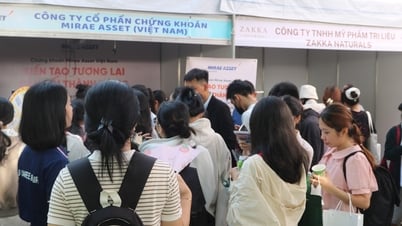




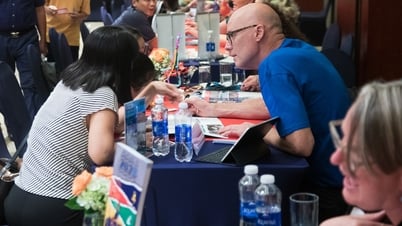
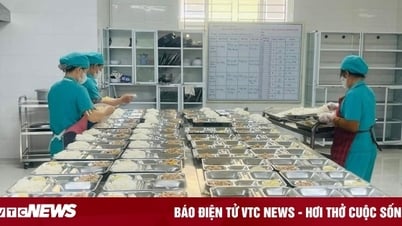
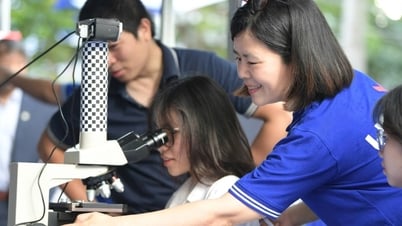





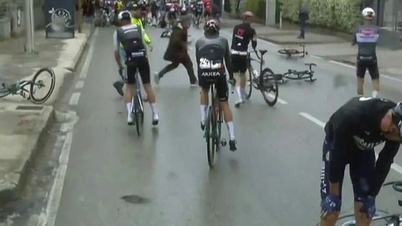


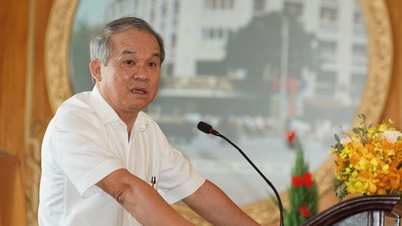

![[Photo] General Secretary To Lam visits exhibition of achievements in private economic development](https://vphoto.vietnam.vn/thumb/1200x675/vietnam/resource/IMAGE/2025/5/18/1809dc545f214a86911fe2d2d0fde2e8)














































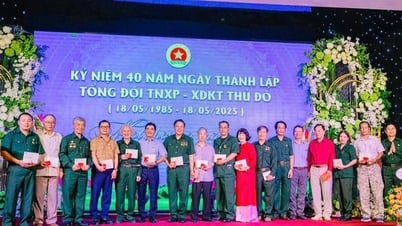




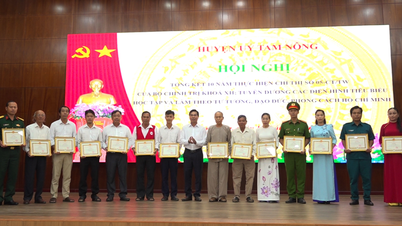
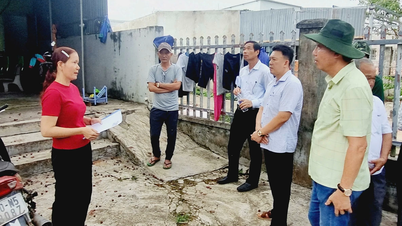










Comment (0)